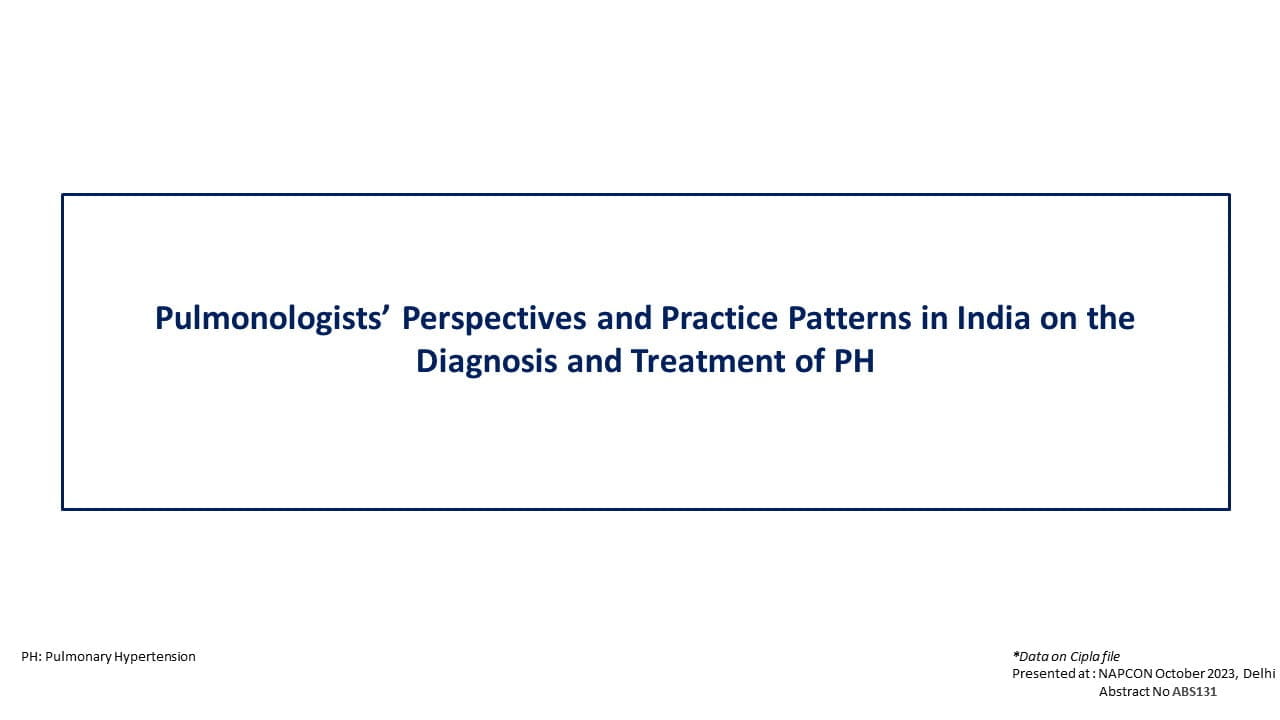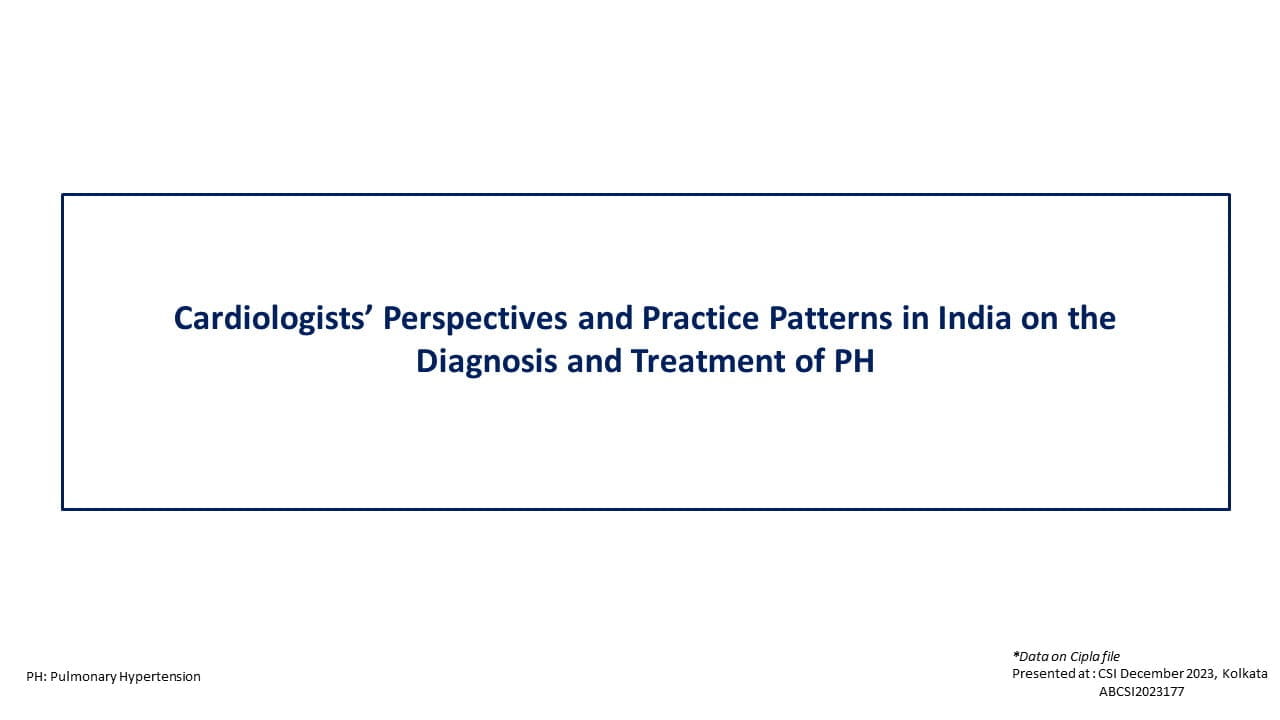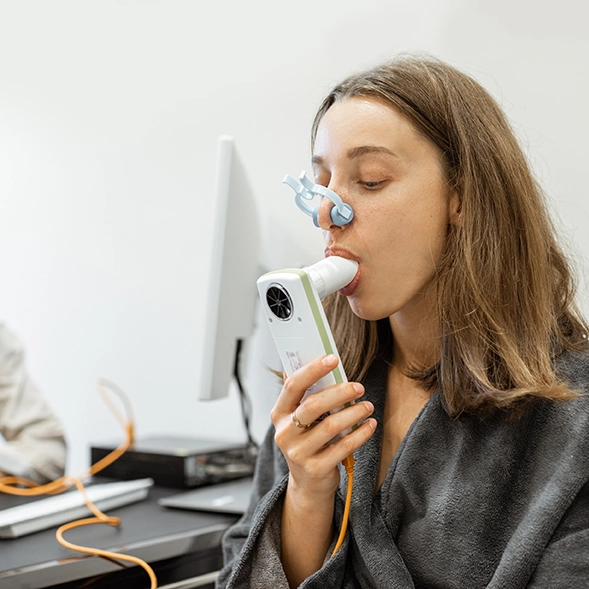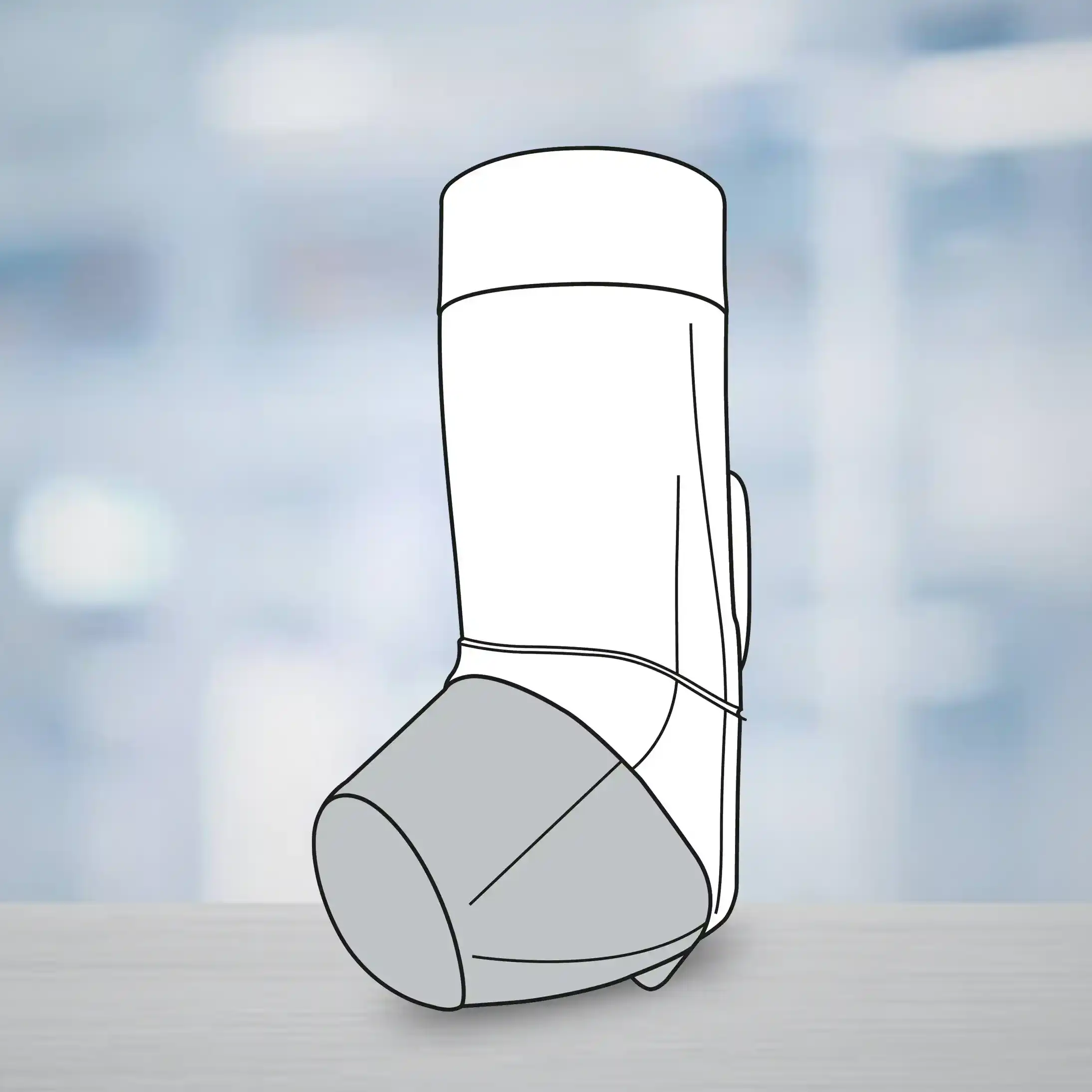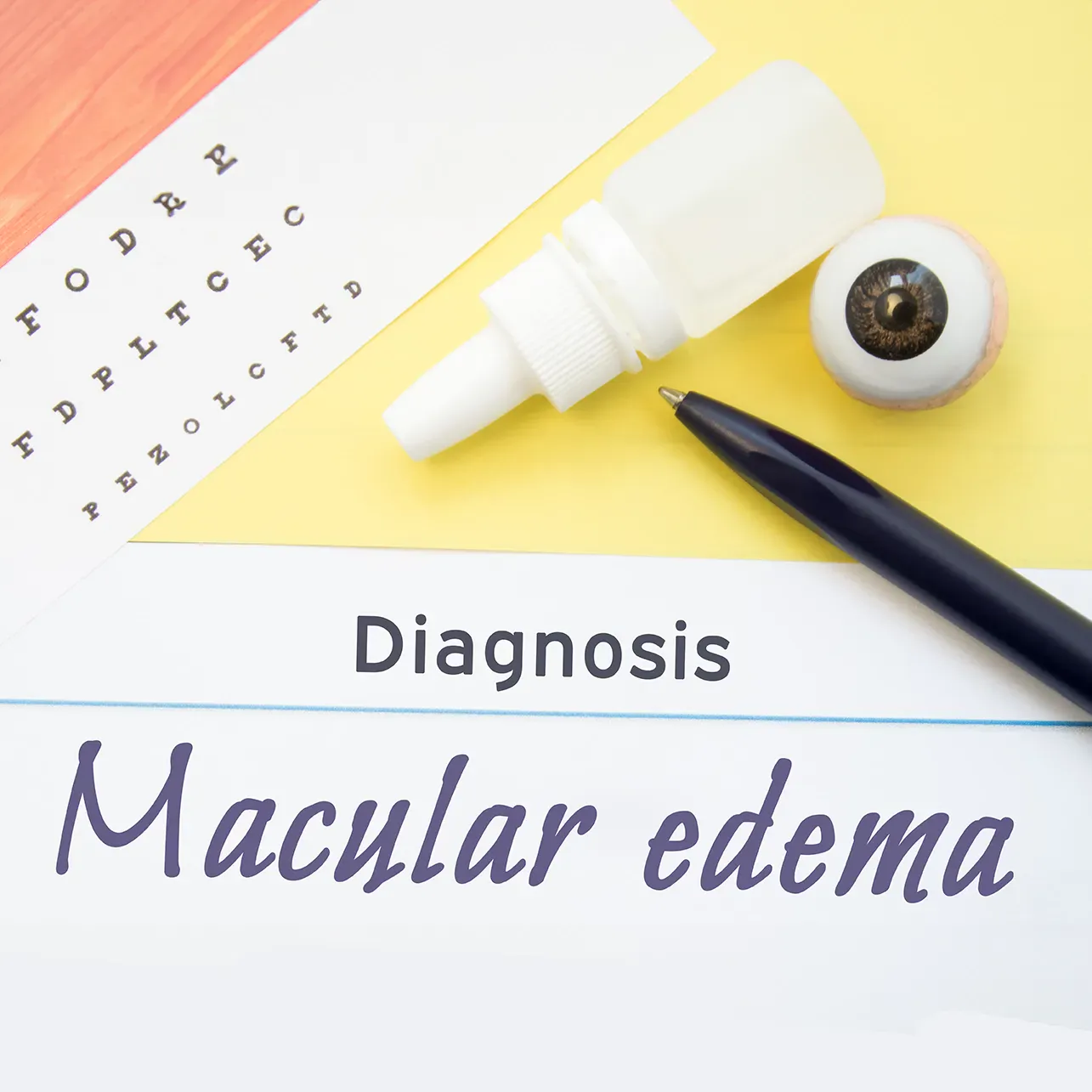Efficacy and Safety of Rifaximin is Comparable to Ciprofloxacin in Treatment of Acute Infectious Diarrhea
24 Nov, 21
Introduction
There has been widespread use of ciprofloxacin in the treatment of moderate to severe acute infectious diarrhea. However, increase in the rate of resistance to fluoroquinolones have limited its use. Rifaximin is a novel, poorly absorbed rifamycin derivative for the treatment of uncomplicated traveler’s diarrhea, especially caused by non-invasive pathogens.
Aim
The efficacy of rifaximin was compared to ciprofloxacin for the treatment of acute infectious diarrhea in this study.
Patient Profile
- Patients aged between 19 to 75 years
- Presence of acute diarrhea, defined as >3 unformed stools during 24 hours prior to enrollment
- Presence of at least one of the following signs and symptoms: abdominal pain, excessive flatulence, nausea, vomiting, fecal urgency, mucus in the stool, or tenesmus.
Method
Study Design
- Randomized controlled, double-blind, multicenter study
Treatment Strategy
- Enrolled patients underwent physical examination and clinical blood tests.
- Patients were randomized to receive rifaximin 400 mg or ciprofloxacin 500 mg twice daily for 3 days.
- A questionnaire on the frequency and consistency of stools, subjective feeling of improvement and adverse events had to be filled in daily for 5 days.
- Time to unformed stool, subjective improvements and adverse events were evaluated across both the groups.
End Points
Primary Endpoint
- Time to last unformed stool (TLUS)
Secondary Endpoints
- Enteric wellness (reduction of at least 50% in the number of unformed stools during 24-hour post-enrollment intervals compared with the 24 hours immediately preceding enrollment)
- General wellness (defined as subjective feeling of improvement in symptoms during 24-hour post-enrollment intervals)
- Proportion of patients with treatment failure (defined as persistence or worsening of clinical symptoms during at least 48 hours since the administration of the study medication).
Results
- Out of 154 participants, 143 completed the study.
- Compliance with both the medications was good with 95% adhering to the medication on days 1 and 2 and 90% adhering to the drug on day 3.
- Intent-to-treat analysis demonstrated no significant difference in the mean TLUS (36.1 hours vs 43.6 hours, p=0.163) across both groups.
- The ciprofloxacin group had better response rates with more patients reporting enteric wellness (49% 57% vs 49%, p=0.428) and general wellness (78% vs 67%, p=0.189), however the difference was not statistically significant.
- The treatment failure rate was similar across the rifaximin and ciprofloxacin groups (9% vs 12% respectively, p=0.841).
- Both the groups had a similar incidence of adverse events.
Conclusions
- The safety and efficacy of rifaximin is comparable to ciprofloxacin in the treatment of acute infectious diarrhea according to the findings of this study.
Gut Liver. 2010 Sep; 4(3): 357–362.


